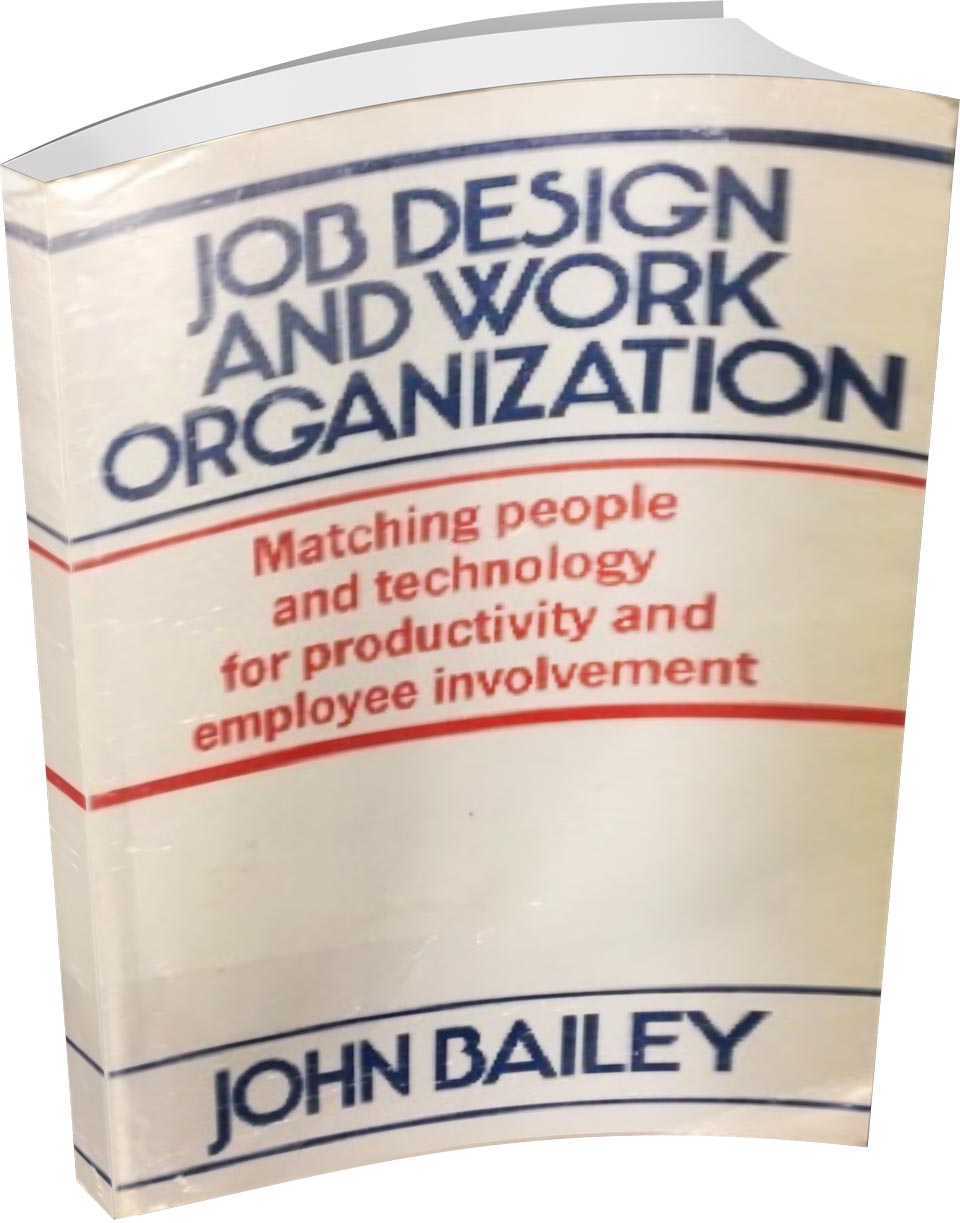HVAD MOTIVERER DEM?
En analyse af motivationsfaktorer blandt specialister på det danske arbejds- og jobmarked.Rikke Krogh
Abstract
What drives them?
An analysis of motivation factors among specialists on the Danish labor market.
The project is based on my experience as a Global Recruitment Manager at LEGO Group in the period 2009-2012, where the company discovered huge difficulties in attracting enough applicants for specialist positions. The number of candidates was remarkably low in a time where the unemployment rate among graduates was rather high. This paradox seems to be a general challenge on the job market in Denmark. The job market is characterized by a high demand for competencies in one (the western) part of Denmark and at the same time we have a lot of unemployed highly educated competencies in the other (eastern) part of Denmark.
The paradox is obvious
Why don’t the specialists from east apply for these positions in west, and what does it take to make them apply? The overall purpose of this project is to answer the question – why specialists do not apply for open specialist positions, which leads to the main questions of this thesis:
What drives specialist to apply for a job?
- Which barriers make specialists abstain from applying for a position?
- What kind of influence does the job ad have – as the medium or information channel?
- What kind of influence does the geographical/demographical challenge have regarding the motivation?
The question is being answered via a quantitative study, conducted together with Jobindex – the largest job portal in Denmark. 2770 people participated in the survey.
Conclusions
The data from the survey show that specialists prioritize motivation factors, which are closely linked to their identity as specialists and to specific values. It is possible to identify specific motivation factors for specialists on three levels:
1) Motivation factors in general: Specialists prioritize salary and being able to work in depth within their professional area.
2) Motivation factors linked to the job design: Specialists prefer to have varied tasks and to work under conditions with a high level of freedom in terms of independently planning and conducting the everyday tasks. These requirements regarding the way of working seems to be closely linked together with the specialist identity.
3) Motivation factors linked to a “specialist environment”: Specialists prefer an environment where people like themselves live and work. The analysis stresses network both as a way to communicate, to live and to work.
4) The conclusion stresses that the job ad as a communication channel does not reflect specialists’ demand for dialogue and communication. The job ad in its structure is monologue-based, and this means that the job ad in itself can be a barrier.
5) The last chapter suggests some alternative initiatives for companies to use for communicating with specialists. The most important initiative is to build a network together with specialists in order to exchange mutual information and dialogue.

The theoretical framework for the thesis is based on John Bailey’s book “Job Design and Work Organization’. His perspectives are being discussed and compared with ”The Rise of the Creative Class” by Richard Florida.
